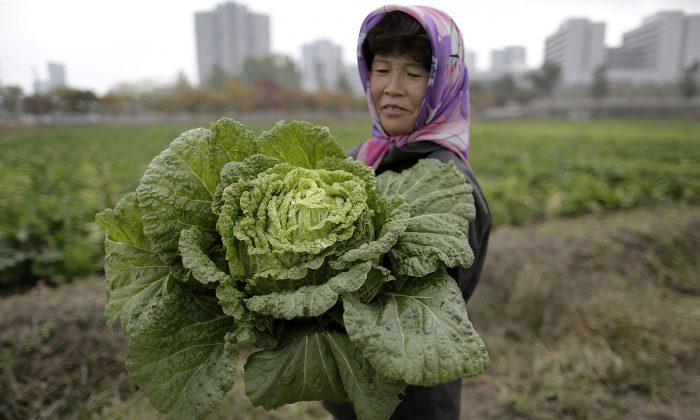Another world war, a global pandemic, or other natural disasters would not significantly impact the global population for long, says a study.
Researchers with the University of Adelaide in Australia said that if 6 billion people were to die off now, the population would climb back to 5 billion in less than a century.
As of now, the global population will exceed 10 billion by 2100, with the study saying that population growth is out of control and is putting a strain on the world’s resources.
“We were surprised that a five-year World War Three scenario, mimicking the same proportion of people killed in the first and second world wars combined, barely registered a blip on the human population trajectory this century,” said Professor Barry Brook, according to the Daily Mail.
The study says that population control is not the answer, but cutting the consumption of natural resources and better recycling will give people a better chance of attaining sustainability by 2100.
World War II is believed to have killed between 50 million and 85 million people, while World War I killed more than 37 million.
The study was based on a computer model with demographic data from the World Health Organization.
“We’ve gone past the point where we can do it easily, just by the sheer magnitude of the population, what we call the demographic momentum. We just can’t stop it fast enough,” said Prof Corey Bradshaw from the University of Adelaide, via the BBC.
“Even draconian measures for fertility control still won’t arrest that growth rate - we’re talking century-scale reductions rather than decadal scale, because of the magnitude.”
“Even if we had a third world war in the middle of this century, you would barely make a dent in the trajectory over the next 100 years,” added Prof Bradshaw.
Their research shows that curbing population wouldn’t deal with environmental problems in the short term
“Our work reveals that effective family planning and reproduction education worldwide have great potential to constrain the size of the human population and alleviate pressure on resource availability over the longer term,” said Professor Barry Brook of the University of Tasmania. “Our great-great-great-great grandchildren might ultimately benefit from such planning, but people alive today will not.”





